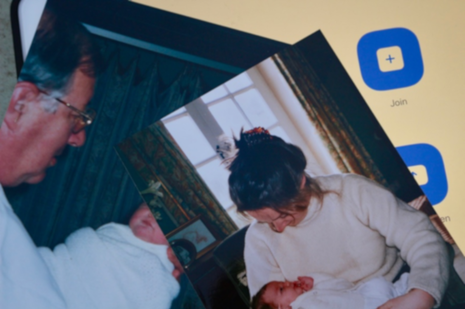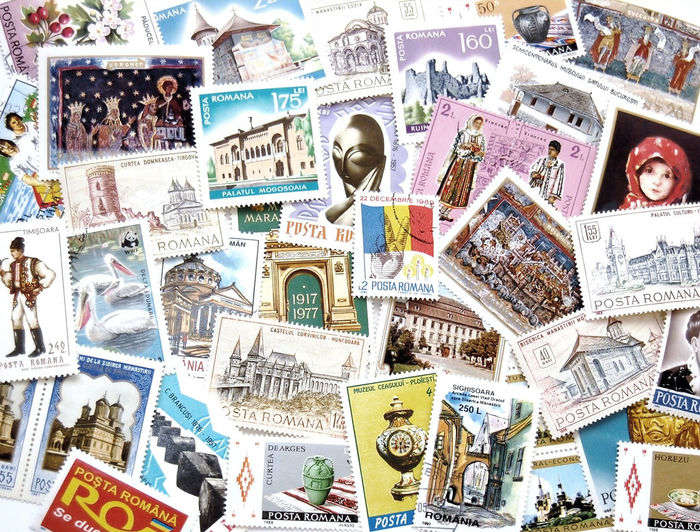Parents and grandparents: technology and emotional vulnerability during lockdown
“The world does not transition from life to screen so easily” writes Poppy Robinson about the role technology can play in many areas of our lives

As we enter another week of lockdown, many of us are now more well-versed in interacting through our screens, particularly our parents and grandparents who have had to rely on technology like never before. In these past few months, screens have become crucial for both socialising and surviving the changes imposed by lockdown, particularly for my self-isolating grandfather, unable to visit my hospitalised grandmother, and my therapist mother, now connecting with clients overzoom.
With only an Australian terrier as company, my grandfather’s social life is now mostly confined to the screen. I’ve always thought of Grandad as engaged with the latest technological developments, remembering his interest in Apple’s world of ‘apps’ when blackberry was cutting edge, and he’s proved no different in lockdown. As he excitedly presents my nine-year-old cousin’s drawings to family zooms, and engages in weekly Whatsapp pub meets with friends, his social life has transitioned online.
It is safe to say that my mum is not as keen on technology as my grandfather, prior to lockdown requiring at least my father, one of my two brothers, or me just to attach a file on an email. However, due to both her social and professional life now relocating to technology, she has had to adapt. Hence, she now regularly sends an array of giffs and memes (most of which peaked in popularity at least a year ago) to her rapidly expanding Whatsapp group chats, including our family one. As my mother re-connects with both close and old friends on zoom, it seems that in lockdown she’s discovered what my grandfather describes as ‘another dimension of getting together’.
"However, lockdown has altered more than just our social lives"
However, lockdown has altered more than just our social lives. Like millions, my mother’s and grandfather’s day to day lives have also been considerably altered, and now consequently rely heavily on technology. As my family celebrated Grandad’s 80th birthday on zoom a couple of weeks ago, we were painfully aware that my grandmother was not present, but in hospital following a fall a month ago. Having been her primary caregiver for the past few years as her dementia has worsened, my grandfather is now more alone than ever. For him, the handful of video calls between them have been essential. Not only is this the sole mode of communication that she can understand, being confused by telephones, but he can see her face, and tell unfamiliar doctors and nurses if she’s in pain. Looking at me a few days ago, Grandad described how even though she closes her eyes for most of the call, she still recognises ‘this newly bearded monster’. For him video calling offers hope, as he proudly states that ‘I can still get a smile out of her’.
Mum has also relied on technology as her counselling profession has transitioned onto the screen. Being emotionally vulnerable is hard, and zoom makes it harder. My mother described to me how the paradigm of the session alters, noting the loss of the emotional journey to and from her sofa. Furthermore, the lack of eye contact, so crucial to non-verbal communication, makes it infinitely more difficult to read someone’s emotions. She actually finds that the best sessions occur on the phone, as here, she can concentrate on reading their emotions through their voice. She reminds me that the world does not transition from life to screen so easily, and that we sometimes expect too much from the digital rendition of the person in front of us.
As lockdown has dramatically altered their social and everyday lives, many people from older generations have been forced to contemplate further the strange phenomenon of technology. They have (finally) discovered the connections between people that it enables, and the support and hope that it can provide for the millions isolated from their loved ones. However, considering my mother’s experiences, they’ve also discovered how, ultimately, it cannot replace face to face contact. As my grandfather illustrated to me, ‘to get the best out of people you need to sit them down in the neutral territory of a pub and let the conversation flow’.
 Comment / Plastic pubs: the problem with Cambridge alehouses 5 January 2026
Comment / Plastic pubs: the problem with Cambridge alehouses 5 January 2026 News / Cambridge businesses concerned infrastructure delays will hurt growth5 January 2026
News / Cambridge businesses concerned infrastructure delays will hurt growth5 January 2026 News / New movement ‘Cambridge is Chopped’ launched to fight against hate crime7 January 2026
News / New movement ‘Cambridge is Chopped’ launched to fight against hate crime7 January 2026 News / AstraZeneca sues for £32 million over faulty construction at Cambridge Campus31 December 2025
News / AstraZeneca sues for £32 million over faulty construction at Cambridge Campus31 December 2025 Interviews / You don’t need to peak at Cambridge, says Robin Harding31 December 2025
Interviews / You don’t need to peak at Cambridge, says Robin Harding31 December 2025










